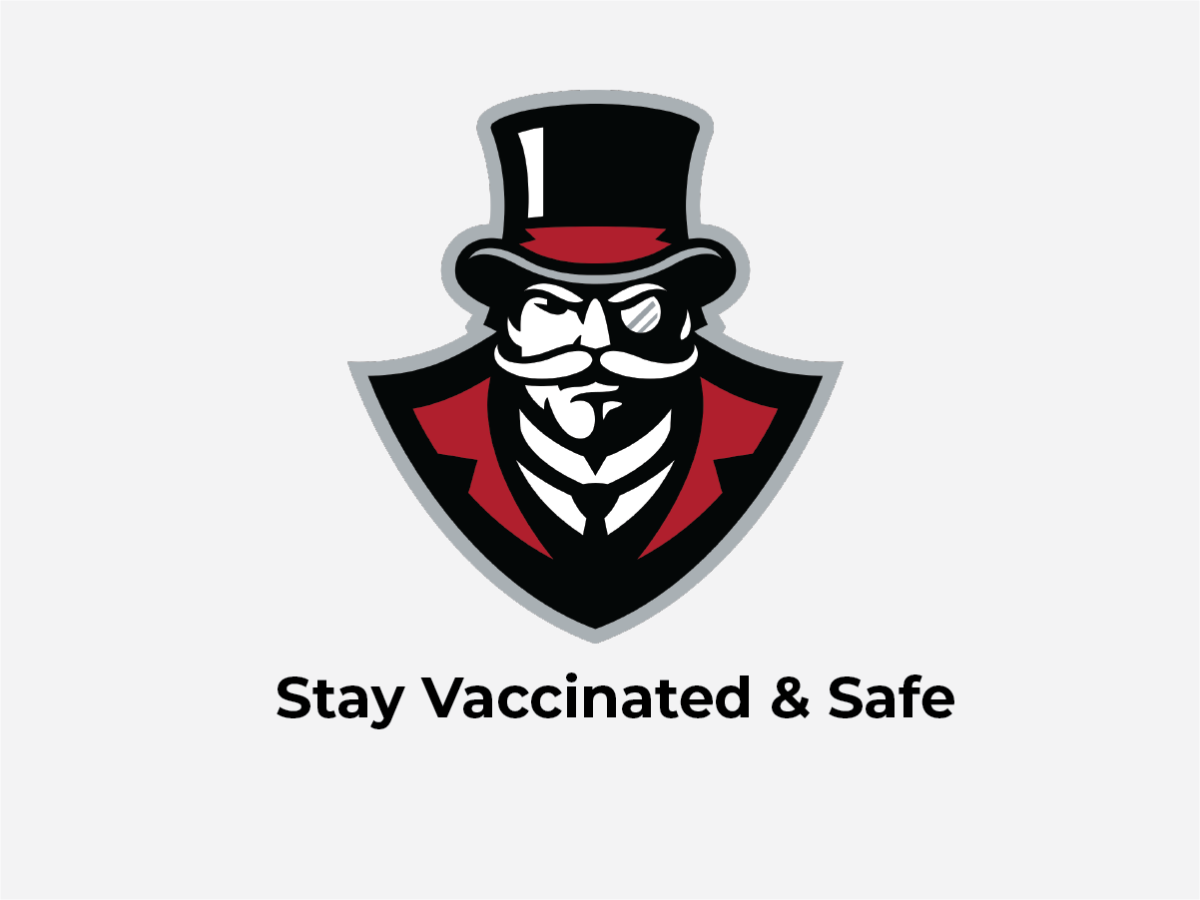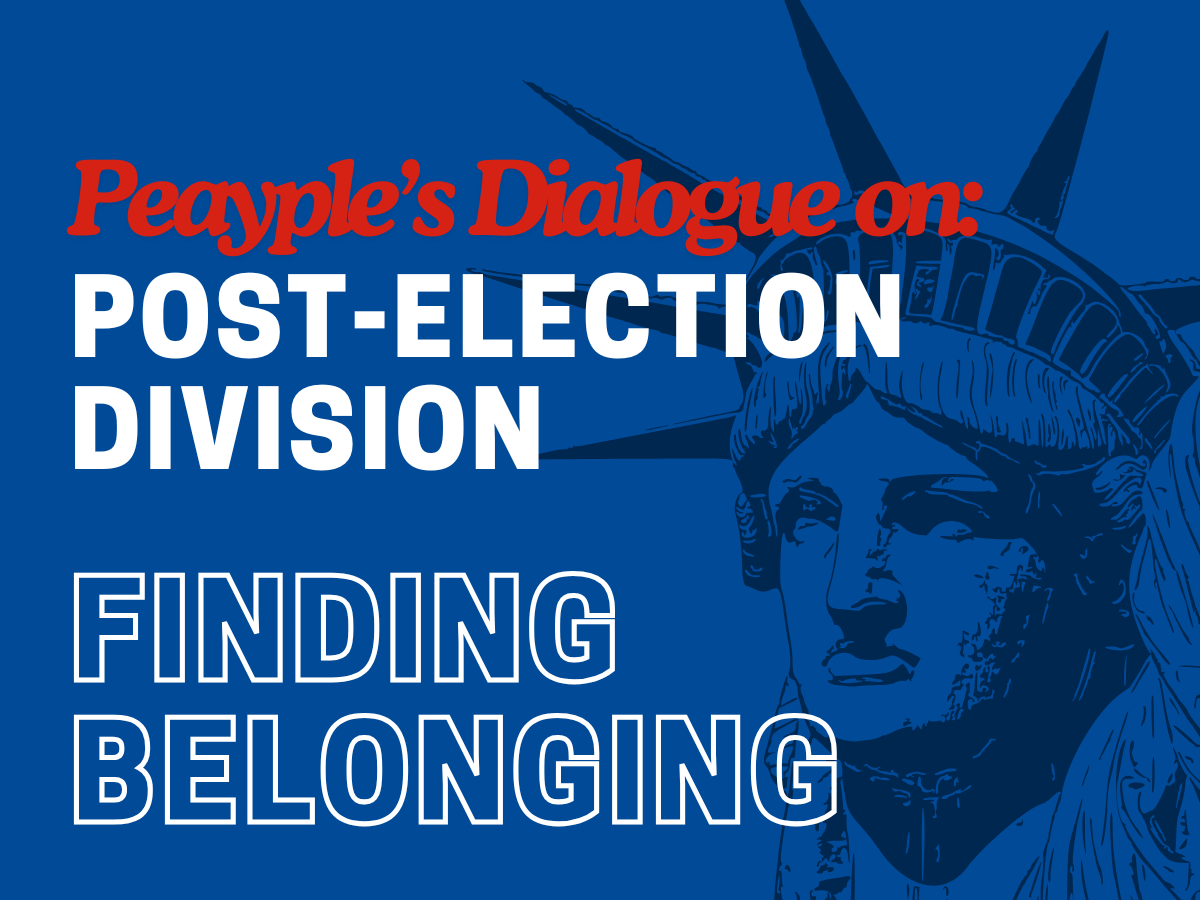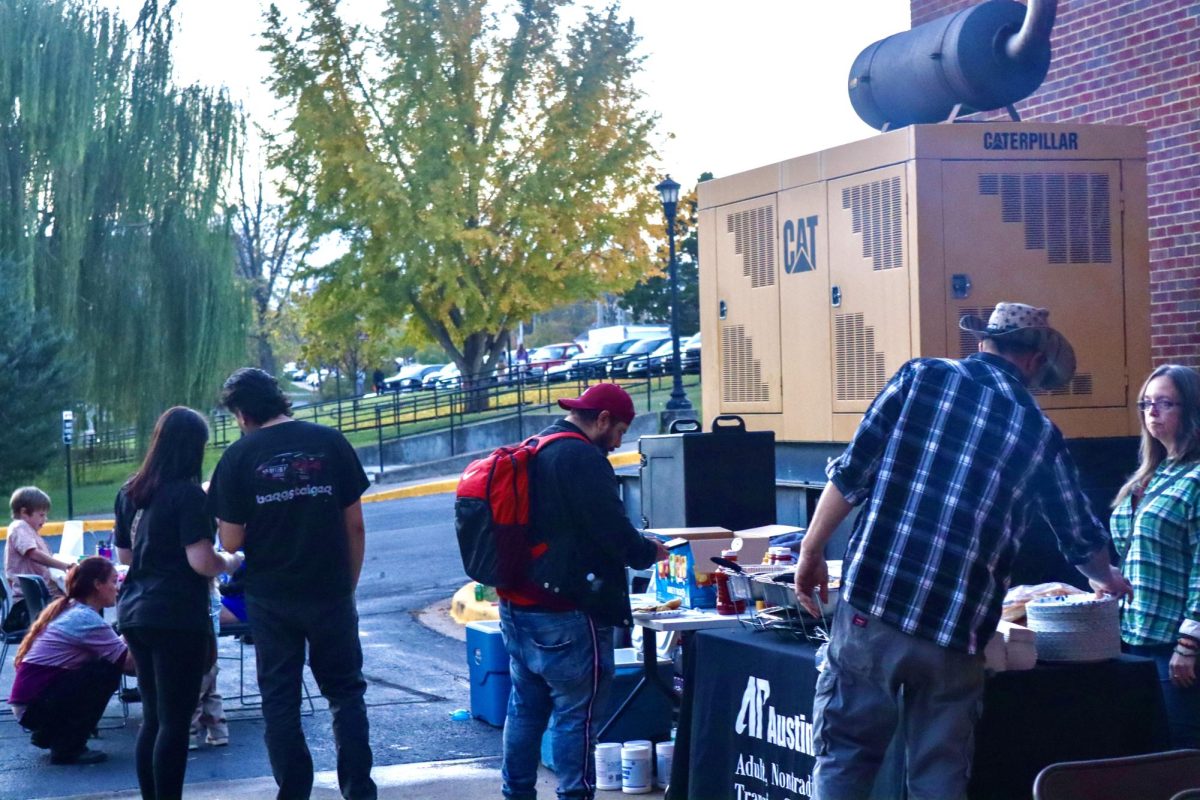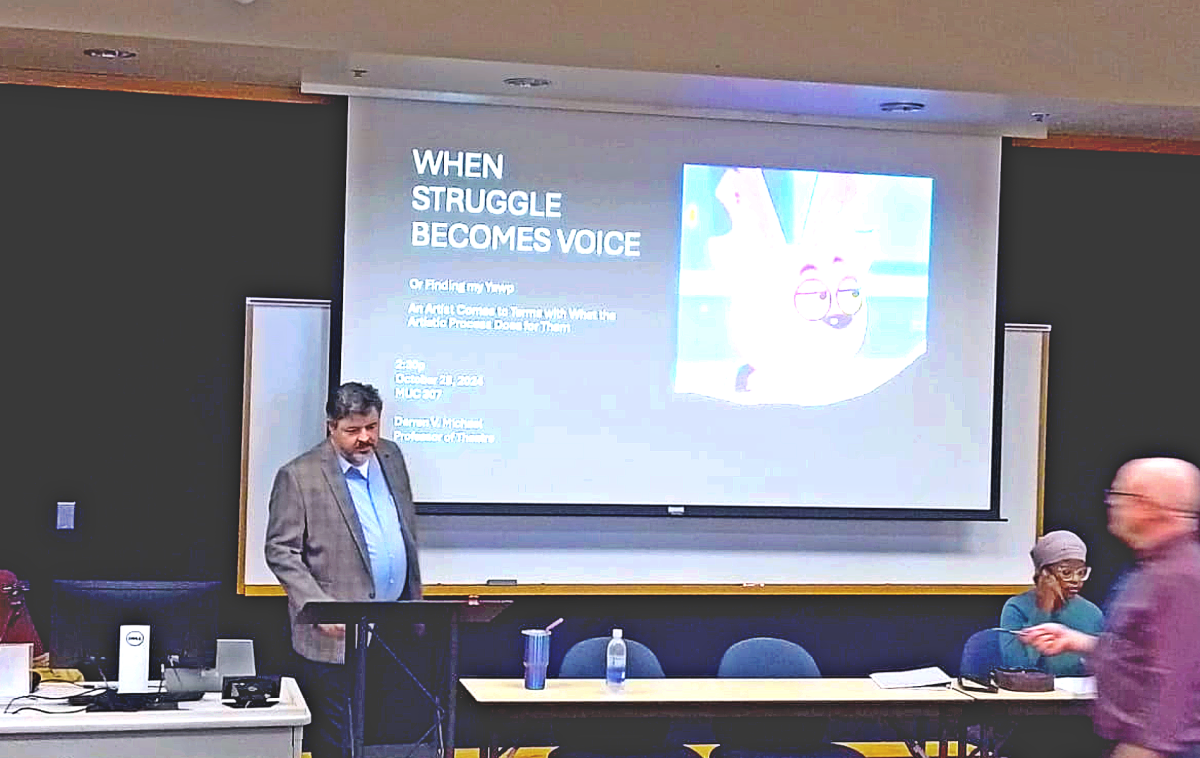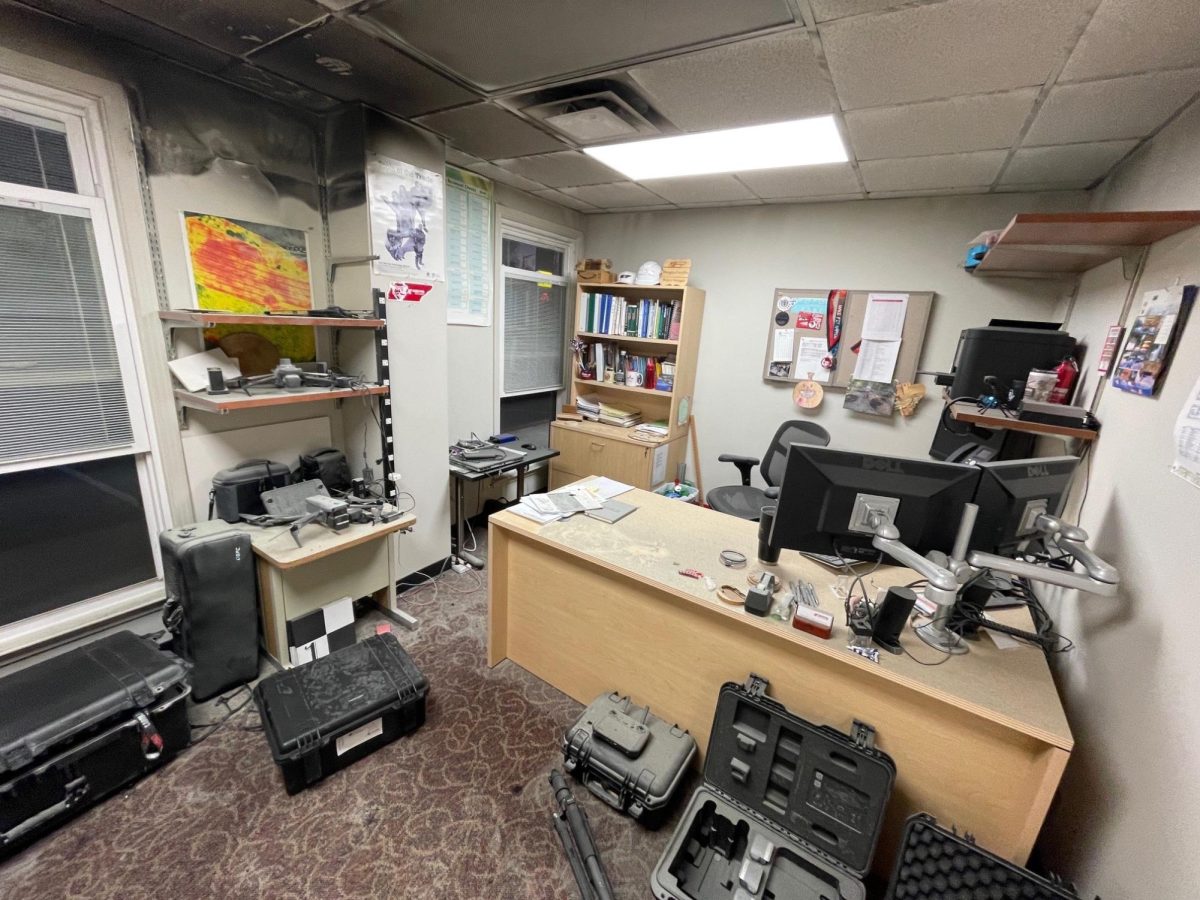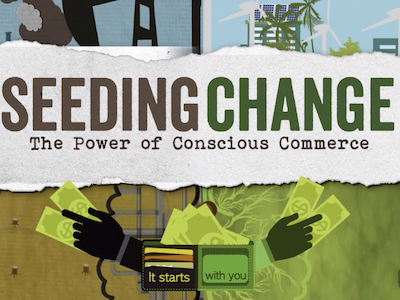In early August of this year, the United States announced the ongoing Monkeypox outbreak as a public health emergency which then turned into a “public health emergency of international concern”.
Monkeypox is a rare disease caused by the monkeypox virus that originates from Central and West Africa and has since spread to other areas around the world and affects anyone that comes in anyone in close contact with the other.
“Monkeypox can spread to anyone through close, personal, often skin-to-skin contact, including direct contact with monkeypox rash, scabs, or bodily fluids from a person with monkeypox.”, says Jill de Graauw, APRN FNP- BC, the Assistant Director at Boyd Health Services as well as a Family Nurse Practioner.
Much misinformation has spread due to this primarily about men who have sex with other men, putting many health care workers in awkward situations of trying to break stigmas much like the AIDS epidemic years ago.
” It is definitely possible that the Monkeypox virus could be compared to the AIDs epidemic in the terms of misinformation. Unfortunately, the vast majority of the media and the population tend to take small bits of information and expand them into larger pieces that may or may not be entirely correct. They also tend to take what they initially hear and stick with that and not continue to research and monitor for changes in the information. With an ever-changing virus such as Monkeypox, that is a very dangerous tendency. The best way to prevent misinformation about the virus is to constantly research reliable and scientifically proven sites and disseminate correct information.”, Jill de Graauw claims.
Those with Monkeypox should isolate at home. While there is no specific treatment for the virus, drugs and vaccines developed to treat and protect against smallpox may be effective for monkeypox.
Use gauze or bandages to cover the rash to limit spread to others and to the environment. Don’t lance (pop) or scratch lesions from the rash. This does not speed up recovery and can spread the virus to other parts of the body, increase the chance of spreading the virus to others, and possibly cause the open lesions to become infected by bacteria. Do not shave the area with the rash until the scabs have fallen off and a new layer of skin has formed. Shaving can spread the virus and cause more lesions. Keep skin lesions/rash clean and dry when not showering or bathing. Wash hands often with soap and water or use an alcohol-based hand sanitizer, especially after direct contact with the rash.
Jill de Graauw APRN FNP- BC, Assistant Director, Boyd Health Services
While the rise in Monkeypox is steadily increasing it is hard to say if this will affect anything on campus in terms of going online or closures. It will all be dependent on the extent of the virus and its impact on campus life.
Those infected with the virus at any point have been advised to stay home until the monkeypox rash has healed and a new layer of skin forms, which is typically up to two to four weeks.

